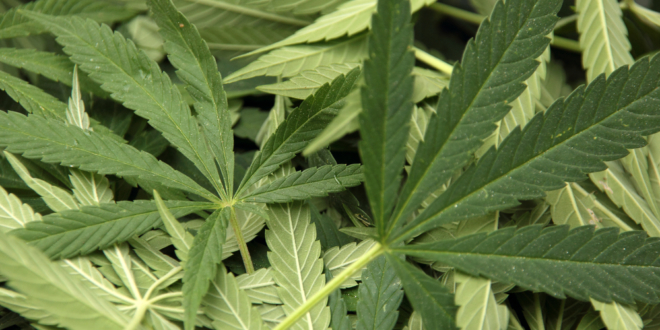US federal law makes it illegal to grow, possess, purchase, or sell marijuana, also referred to as weed. However, weed is legal in varying degrees in some states. In certain areas of the country, the laws are in flux. Though residents may overwhelmingly vote for the legality of weed, it can take time for legislative approval of new rules and regulations when it comes to its use, possession, and sale. As more states put legalization to a vote, the list of where weed is legal is subject to increase. For now, these are the states where weed is currently legal, and why:
Non-Intoxicating Usage
The ingredient in weed that causes the smoker to experience a high is tetrahydrocannabinol, commonly known as THC. A number of states now allow the use of marijuana if it doesn’t contain THC. Cannabis oil, which is distilled from weed and is THC-free, can be effective in reducing severe seizures in children. Non-intoxicating usage of weed for medical reasons is legal in Alabama, Florida, Georgia, Iowa, Kentucky, Louisiana, Mississippi, Missouri, North Carolina, Oklahoma, Tennessee, Texas, Utah, Virginia, Wisconsin and Wyoming.
Intoxicating for Medical Usage
In some states, all it takes is a doctor’s note for those who have a medical need for smoking or consuming (in edible form as an ingredient in foods) weed to make it legal. The list of acceptable medical conditions varies from state to state, so do your research. Because weed is illegal according to US federal law, federal laws prohibit doctors from prescribing it for medical reasons. However, if they write a note stating their patient’s medical condition, and that condition meets the state requirement, the patient can legally smoke or consume weed. The states that allow medical use of weed are Arizona, Illinois, Michigan, Montana, New Jersey, New Mexico, Pennsylvania and Vermont.
Illegal, But No Jail Time
In some states, weed is not legal, but if the total amount in someone’s possession is under a certain small amount, the person won’t go to jail. So while it’s not legal to smoke weed, unless the smoker has more than the state’s declared maximum, or is in an illegal area (such as on the grounds of a school, etc.) they are basically free to get high. Mississippi, Missouri, Nebraska, North Carolina and Ohio generally fall under this category.
Medical Usage and No Jail Time for Recreational Users
An increasing number of states now allow medical usage of weed (with a doctor’s note) and will not arrest recreational smokers. The first medical marijuana law was passed in 1996 by California. California guidelines do not stipulate jail time for recreational use, and a number of states have joined them in this category: Connecticut, Delaware, Maine, Maryland, Massachusetts, Minnesota, Nevada and Rhode Island.
Completely Legal for Those Over the Age of 21
The possession and smoking of weed in a small amount for those at least 21 years old is legal for any reason in Alaska, Colorado, Oregon, Washington, and the District of Columbia.
For more information about the legality of weed where you live, contact a local criminal defense attorney today.
